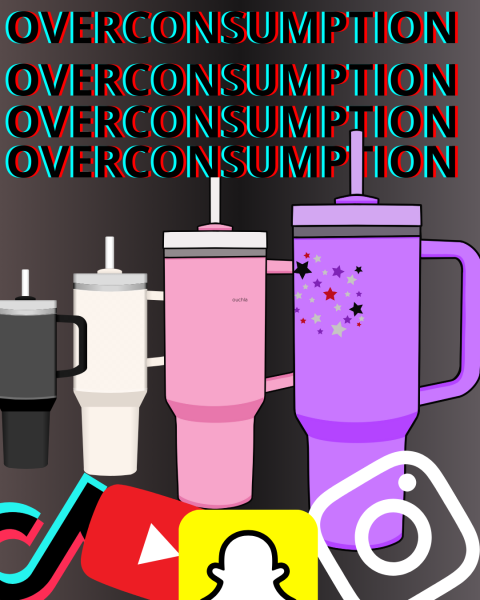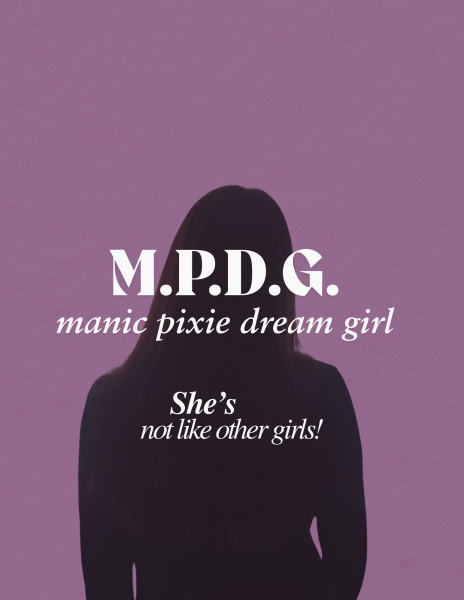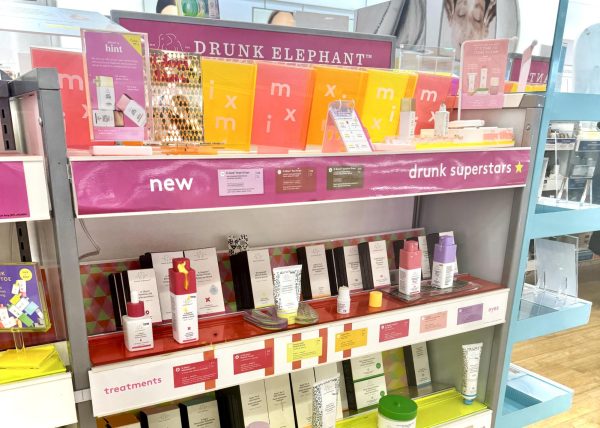Opinion: Perfectionism isn’t healthy, and social media isn’t helping
Is perfectionism an attainable or desirable goal?
Perfection is deeply rooted in all humans and starts at a very young age. Not only does it start at a young age, but perfectionism is also linked to the downfall of gifted children. This so-called “gifted child burnout” occurs when children receive massive praise from their peers and onlookers but fail to keep up with the demands and expectations of everyone around them, according to Shelby Talbot in The Journal.
Since the beginning of time, society has had ideal traits for what is considered to be “perfect.” These traits are almost impossible if not completely impossible. Social media has totally changed the way society sees women and how they should look and act. TikTok is just one form of social media that encourages women to be skinny, soft spoken and delicate. These traits aren’t healthy for the women who aren’t these things, and it’s actually awful for their self-esteem.
Trying to be perfect can contribute to depression and suicide. A Time article written by Markham Heid about depression states that CDC reports suicide rates among young people jumped 56% between 2007 and 2016, after declining between 1999 and 2007. Men aren’t safe from the abuse either. Toxic masculinity is very real and affects many young boys.
But what causes the idea of being perfect? According to an article on Psychology Today’s website, we are driven by our internal primal pressures. In the past 30 years, regardless of gender or race, the idea of being perfect has risen drastically. Setting high expectations and being very critical of oneself is a hint that someone may be suffering as a perfectionist, which can lead to anxiety or depression.
It’s time to stop trying to live up to social media’s standards of perfection.

Makiya Lowman (she/her)
Staff/Reporter, The Pony Express.
“Quote.” — Author
Makiya Lowman, member of the class of 2022, joined The Pony Express...







